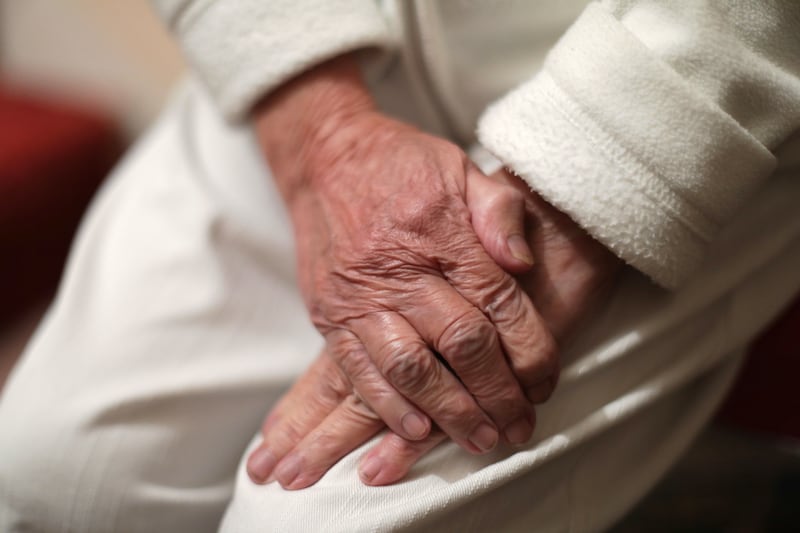One-in-three women carers in the north who look after sick or disabled family members have been forced to quit their jobs, new research has shown.
A report from Carers NI and the Women’s Regional Consortium found the pressures of unpaid care forced a further 28% to reduce their working hours, while 73% lose out on between £500 and over £1,500 per month due to challenges in juggling work with caring commitments.
Affected carers include Larne’s Deborah McAllister, who looks after her mother, who has dementia, as well as a daughter with complex needs.
“There is no rest from it for me, and trying to go to work, with little support or understanding from my employer, was really difficult. It made me become unwell,” she said of being forced to quit a 35-year nursing career.
“It is very difficult being an unpaid carer and working at the same time. I have been diagnosed with compassion fatigue, PTSD symptoms, and am physically unwell, but I didn’t ever intend to leave my job,” she said.
“If I’d got the mental health support I needed, I might not have had to. I had to give up my career and now I have no idea what I’m going to do. I wouldn’t give up my mum or daughter for the world, I just needed a little bit of support for me.”
The research report calls for a new day-one right to flexible working and dedicated carer’s leave from work, as well as better community care, education and childcare services, to help women in Northern Ireland balance their caring responsibilities with employment.
Angela Phillips, of Carers NI, and Siobhán Harding, of the Women’s Regional Consortium, co-authored the research.
“Too many women across Northern Ireland are being forced out of the labour market because of a postcode lottery of support for their caring roles,” they said.
“This isn’t just robbing them of the careers they cherish and the income they rely on to make ends meet, but also denies Northern Ireland’s economy a skilled and experienced workforce with a lot to offer.
“It isn’t enough to leave the support working carers need to the discretion of employers, so we need new rights, enshrined in law, that will give them flexible working options and time off for unpaid caring. Robust community care and childcare systems are also vital. Delivering all of these reforms should be a priority for Stormont if it is serious about delivering equality for women with caring roles and growing the local economy.”
A Department for the Economy spokesperson said the department intends to bring forward an employment rights Bill within the current Assembly mandate “to ensure the employment law framework remains fit for purpose and operates effectively for both businesses and their employees”.
“The right to Carer’s Leave and a revision to the current flexible working arrangements to remove the current qualifying period before a flexible working request can be made are two of the issues that will be considered in that context,” they added.








